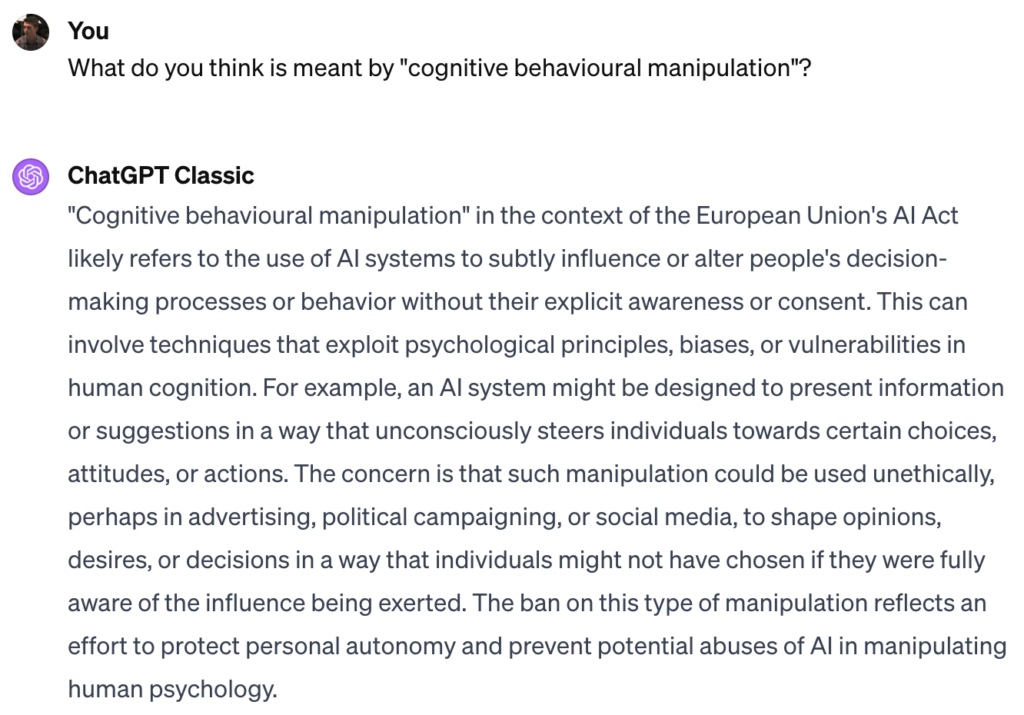Welcome to the latest edition of FindBiometrics’ AI update. Here’s the latest big news on the shifting landscape of AI and identity technology:

OpenAI has partnered with Axel Springer, the publisher behind Politico, Business Insider, and Germany’s Bild. Axel Springer will receive a one-time payment for the use of its historical content in AI training, and recurring payments for the ongoing use of new media content in OpenAI’s platforms.
Google is working on a new AI assistant based on its Gemini model. The “Pixie” will be designed to run on Pixel smartphones, and is expected to make its debut in the forthcoming Pixel 9. It will draw on a given device’s app data to offer a more personalized experience for each user.
Intel has announced new AI-focused chips that it says will outperform Nvidia’s H100 chips. But the company hasn’t set a release date for the Gaudi 3 AI accelerator, other than to say that it will arrive sometime in 2024. It also launched “Intel Core Ultra”, a processor meant to bring AI processing to personal computers.
European Union negotiators have reached a provisional agreement on regulations for artificial intelligence and related technologies. Among other provisions, the wide-ranging AI Act includes transparency requirements for AI systems, mandatory risk assessments, and a ban on “cognitive behavioural manipulation”, according to a Reuters report.
The Financial Stability Oversight Council has named AI as a “vulnerability” in its annual report, with FSOC head Janet Yellen (who is also the US Treasury Secretary) adding that it is an “emerging threat” to financial stability. That having been said, Yellen belives it can be addressed with regulatory tools that already exist.
AI companies have been on a hiring blitz this year. OpenAI has gone from 375 employees in February to 770 now; its rival Anthropic has extended its staff roster from 85 employees to 300 this year; and Cohere has gone from a staff of 150 to 275 over the same period.
The Hong Kong investment management firm VMS Group has launched a new AI-focused fund together with Esther Wong, a former strategic investment manager with China’s SenseTime. The 3Cap AGI Fund will seek opportunities for early-stage investments, and is aiming to funnel $150 million into them.
Snowflake is focusing R&D spending on efforts to win over clients working with AI. The prominent cloud data company wants customers to use its platform to evaluate and refine their AI models.
The startup Krutrim has launched India’s first multilingual Large Language Model, which supports voice interaction in 10 languages. Krutrim is also working on data centers, with the aim of establishing a network of servers and supercomputers for AI development.
SiLC Technologies says its new Eyeonic Vision Sensor for computer vision has a range of two kilometers, the top range of any LIDAR sensor on the market. The company aims to develop solutions for areas like robotics, autonomous vehicles, industrial automation, and biometrics.
The chatbot’s take: We asked ChatGPT to clarify one of the more unsettling phrases in Reuters’ report on the EU’s AI Act:

–
December 15, 2023 – by Alex Perala







Follow Us